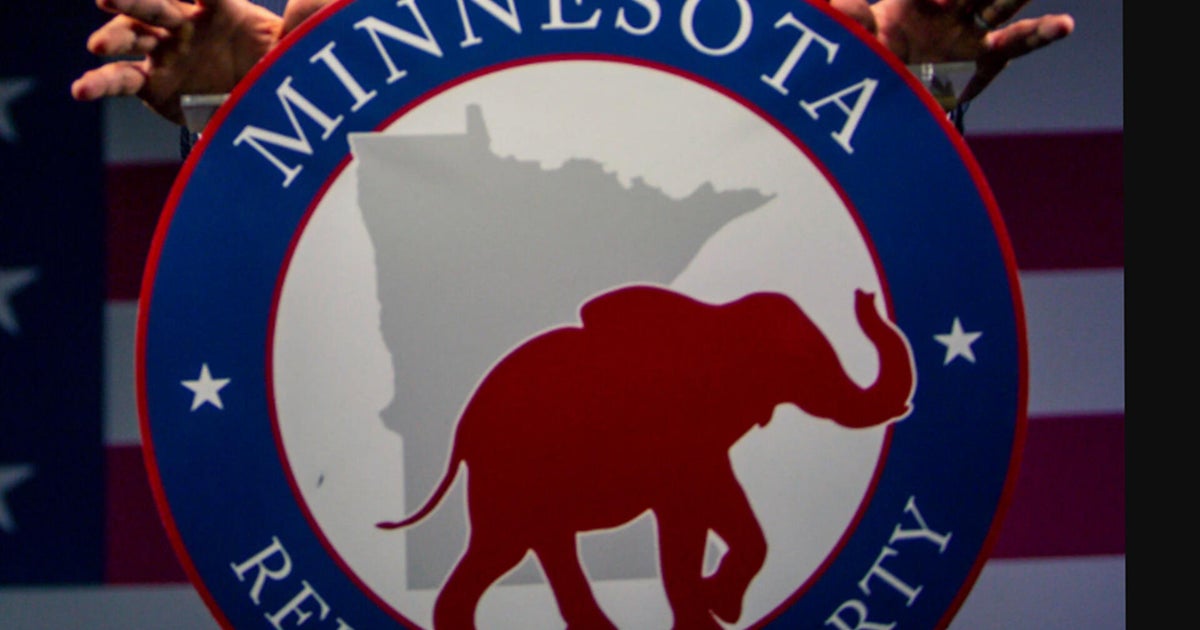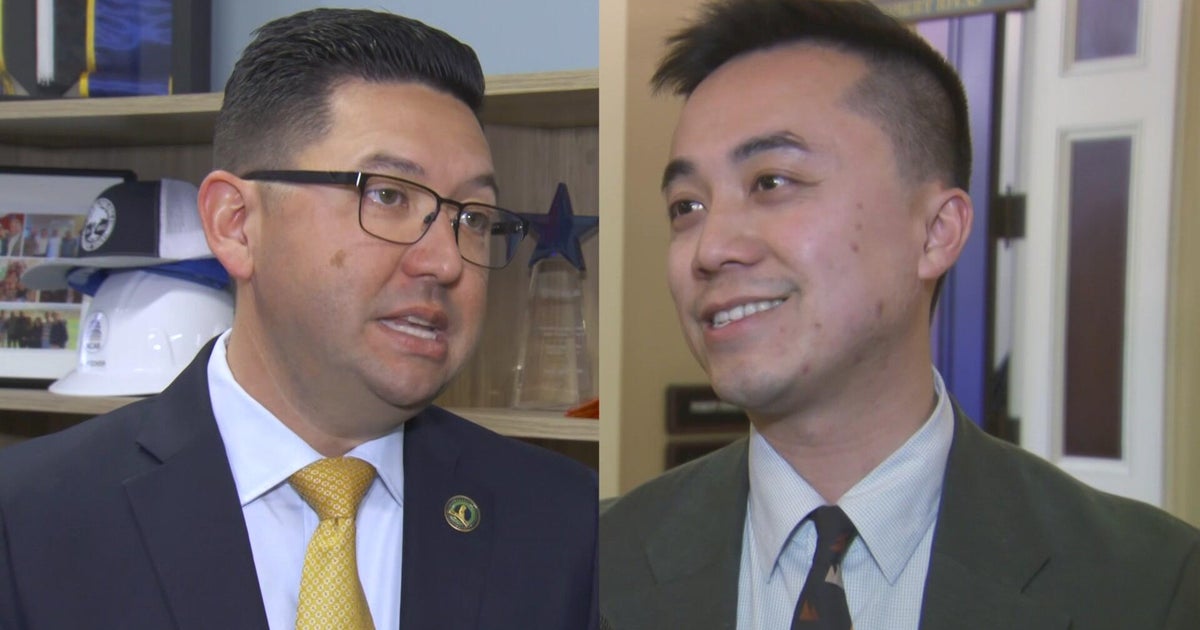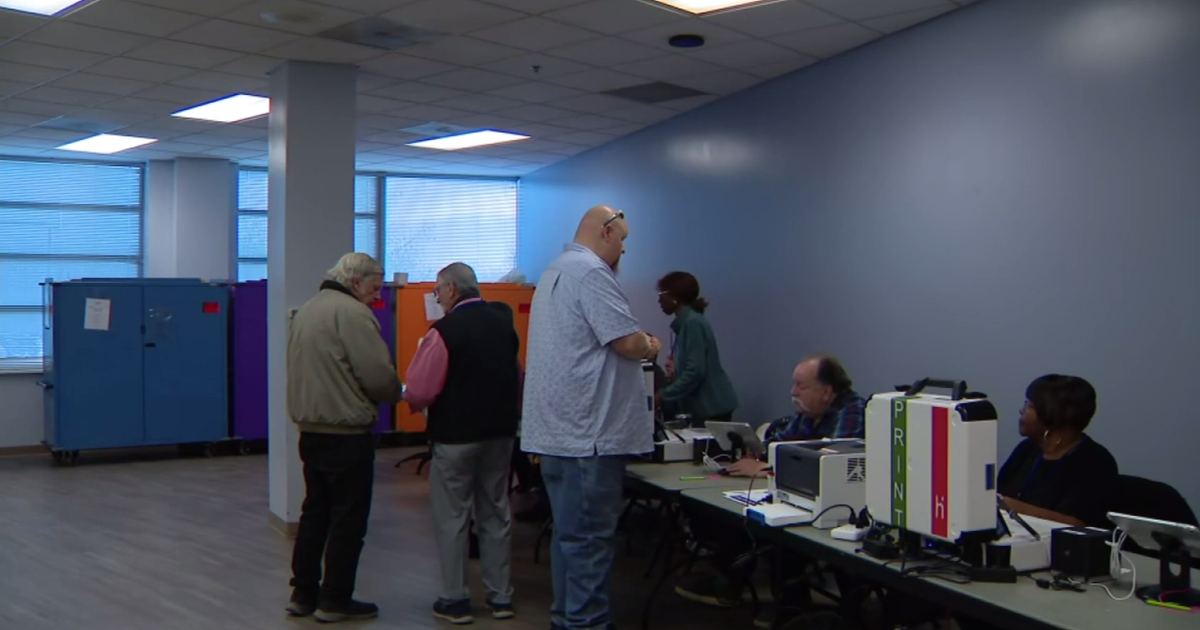How could a possible government shutdown affect you?
CHICAGO (CBS) -- Time is running out to avoid a government shutdown – so what comes next, and how could a possible shutdown affect you?
On Tuesday, Republicans in the U.S. House of Representatives will vote on whether to bring four funding bills — for the Departments of Defense, Homeland Security, State and Agriculture — up for a debate and eventually a final vote. But even if the House were to advance the four bills, the bills would not be considered in the Senate because they contain dramatic cuts that Democrats will not support.
Congress has until Saturday night to pass a dozen appropriations bills funding the federal government for another year — or a short-term deal to extend funding while negotiations continue.
As CBS 2's Marybel González reported, people who work for the federal government would be the first affected by a shutdown. Nearly 4 million federal workers could be left without a paycheck.
But even those who do not could see delays and disruptions at the airports, Head Start programs, and even in food safety inspection programs.
This is all as a divided Congress keeps battling on spending cuts.
"And if we don't, you know, we're going to unfortunately hurt a lot of innocent people - including veterans, Social Security recipients, folks who are counting on us that have traffic control in the airports," said U.S. Sen. Dick Durbin (D-Illinois).
"All we want to do is have responsible government," said U.S. Rep. Tim Burchett (R-Tennessee) on CNN's "State of the Union." "You can't keep spending $7 trillion when you're only taking in $5 trillion."
A shutdown would also mean a disruption in federal services – from national parks to cancer research - and even food assistance programs.
In this scenario, non-essential workers would be sent home. Some federal employees would continue to work, but without pay, explained financial planner Phillip Shaw.
"They will actually give backpay to all federal employees whenever the government reopens, but you do still have to bridge the gap during the meantime," said Shaw, a certified financial planner at Goldstone Financial Group.
González asked Shaw what he would say to federal employees to help them prepare in case a shutdown goes ahead.
"The best thing to prepare for is by having an emergency fund, and having a plan for when and if these things happen," he said. "Think about ways that you can cut back on your spending; on your monthly budget."
This would not be the first time the government shuts down – not by a long shot. It has happened 14 times since 1980.
Shaw says it is always best to be prepared.
"It's a great time to start looking at your planning - making sure you're set up - just in case it happens again," he said.
Programs like Social Security, Medicare, and Medicaid would not be impacted.
Congress has until Saturday at midnight Eastern time, 11 p.m. Central, to reach a decision on what happens next.







